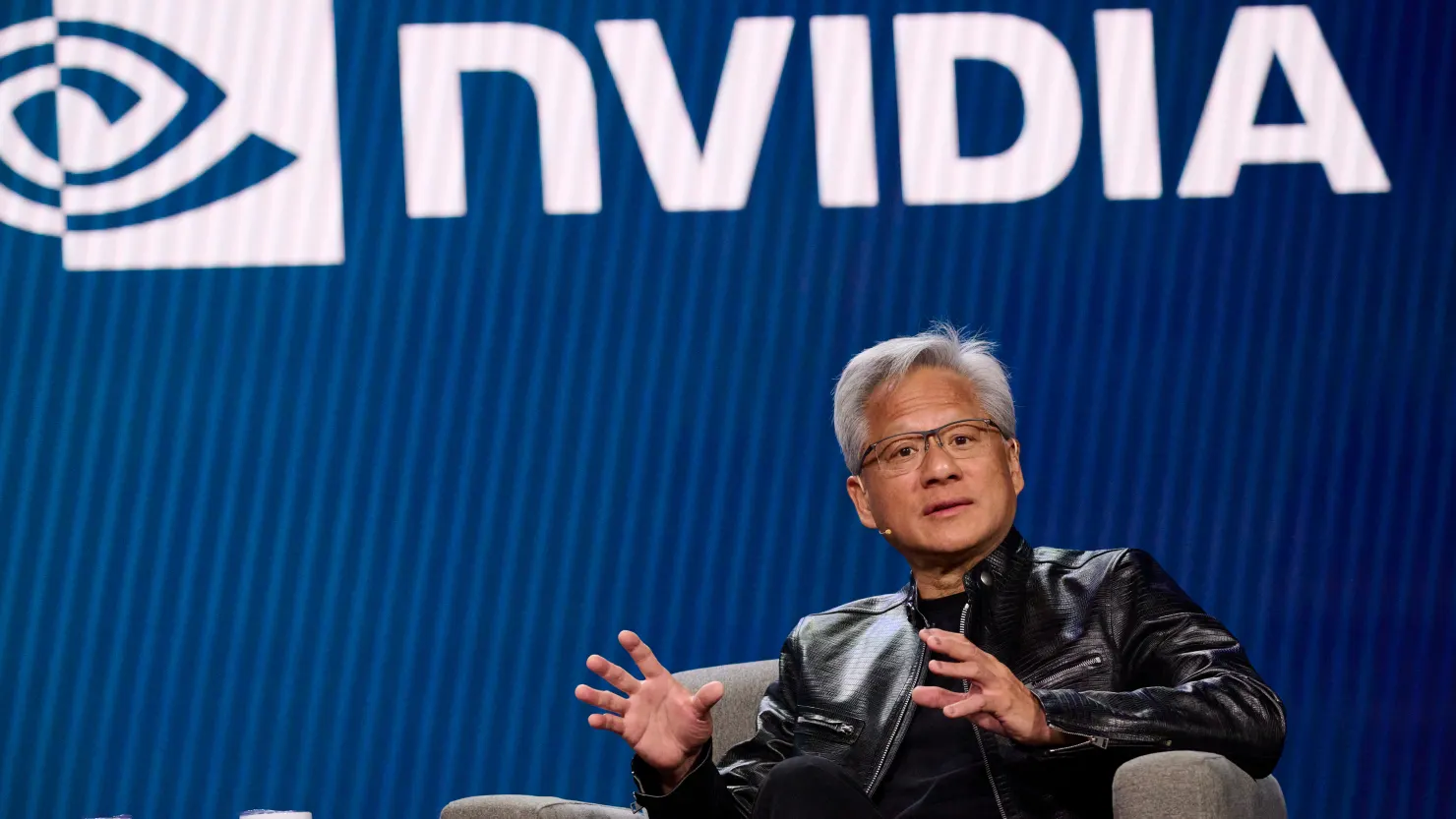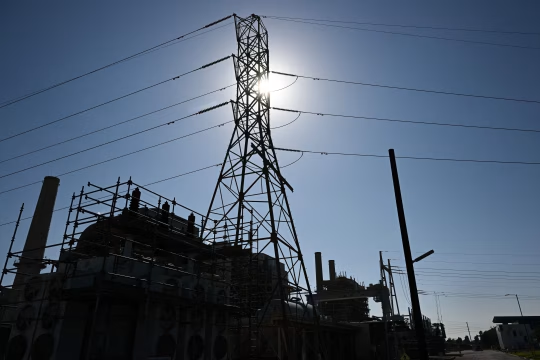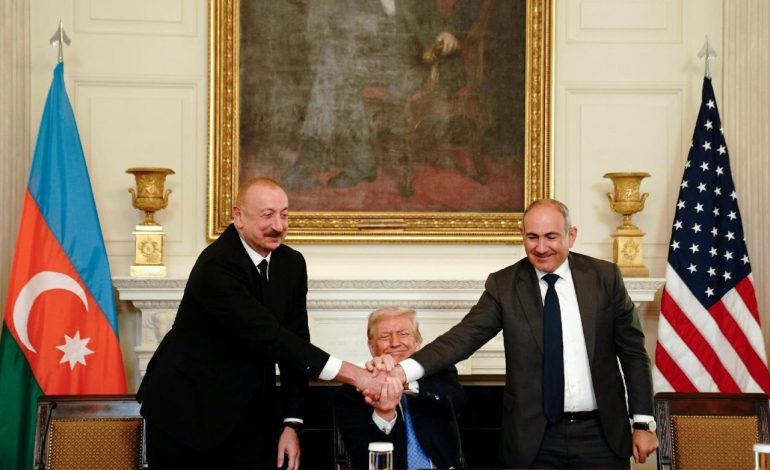Armenia’s latest overtures toward Washington may look like a pivot to deeper Western integration, but beneath the surface, Prime Minister Nikol Pashinyan’s government appears increasingly hollowed out, entangled in corruption scandals and struggling to maintain internal credibility.
This week, Armenia’s Defense Minister Suren Papikyan met with U.S. Deputy Secretary of Defense for Political Affairs Elbridge Colby to “confirm readiness to deepen partnership in the defense sphere.” The press release from Yerevan was predictably upbeat, highlighting talk of “institutional programs,” “military education,” and “defense reforms.”
But as with many of Pashinyan’s diplomatic gestures, the announcement reads more like a performance than a policy.
While officials speak of “stability and long-term security in the region,” the government’s own security institutions remain weak and deeply politicized. The military is still reeling from purges and morale collapse after the 2020 and 2023 wars, and reforms often exist only on paper. Armenia’s defense alignment with the U.S. may bring temporary reassurance, but without internal coherence and credible governance, it risks turning into yet another symbolic alliance with little operational substance.
Even more strikingly, the government’s talk of “institutionalization” in defense comes at the same time as its institutions are being undermined elsewhere. The Investigative Committee of Armenia this week opened a major criminal case over large-scale embezzlement and money laundering through call-center networks. Sixteen people are under investigation; the total sum involved surpasses 630 million drams, a stunning figure for a small, crisis-prone country.
This is not an isolated case. Over the past year, Yerevan has seen a growing pattern of financial misconduct within state-linked structures, from tax evasion schemes to cybercrime scandals involving government affiliates. Each time, the authorities promise “transparency” and “accountability,” yet no systemic reform follows.
What we are witnessing is a government that has mastered the language of reform but lost control of its own administrative order.
Pashinyan’s administration, born out of the 2018 “Velvet Revolution,” once promised a clean break with the old oligarchic system. But today, that very system is mutating rather than disappearing, moving into new sectors, new networks, and even new partnerships disguised as modernization.
The timing of this latest U.S.-Armenian defense meeting is also politically convenient. With internal dissatisfaction growing, the government is eager to showcase international legitimacy and “strategic depth.” But deep partnerships are built on credibility, not press releases.
And credibility cannot coexist with chronic corruption, institutional decay, and a justice system that still acts as a political instrument.
For Washington, this presents a familiar dilemma: engage with Yerevan as a symbolic ally in the South Caucasus, or demand genuine reform before further integration. For Pashinyan, the question is even sharper: how long can his government rely on foreign partnerships to mask domestic erosion?










The latest news in your social feeds
Subscribe to our social media platforms to stay tuned